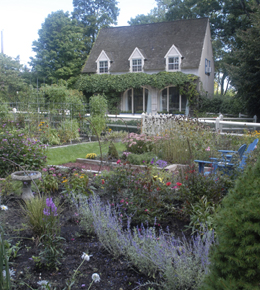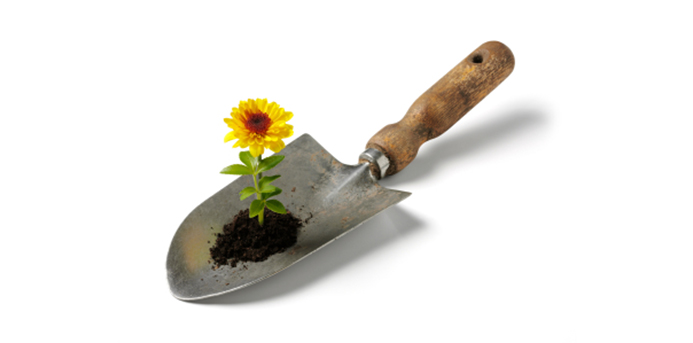 Repeat after us: This will be the year that you start an organic garden. Need an incentive other than the nice weather? How about your kids’ health?
Repeat after us: This will be the year that you start an organic garden. Need an incentive other than the nice weather? How about your kids’ health?
Researchers at Saint Louis University Preschool found that children eat more fruits and vegetables when the produce is homegrown.
Don’t get scared off by the word organic. “Organic simply means you don’t use chemicals, herbicides, pesticides or fertilizer to control weeds or encourage growth,” says Jeanne Pinsof Nolan of The Organic Gardener, a Glencoe company that helps families plan, plant and maintain veggie patches.
Here are some tips for starting your own organic garden:
Prep the soil.
You may be tempted to drive to the store, fill a cart with seeds and just start planting. But if you want your garden to thrive without chemicals, you need to thoroughly prepare the dirt. “The soil is the immune system of your plants,” Nolan says. Nothing will grow in dirt that’s hard and compact. She advises breaking up the earth with hand tools or a rototiller machine (day rentals from the Home Depot start at $34).
Build a fence.
Without protection, bunnies—and in certain suburbs, deer—will steal your produce. And even with a fence, some intruders may still sneak in. Lara and Dominic Lucente of Libertyville have battled Japanese beetles. “To get rid of them, we spread milky spore on the basil,” Dominic says.
Make paths, so you don’t step on the soil.
Sprouts won’t grow after being smooshed. Before you plant, toss down wood chips or stepping stones.
Start planting.
We have a short growing season here, so Nolan recommends asking at the store to find out what types of produce you start from seed and what types you start from a plant. According to Nolan, one veggie that grows well on the North Shore is edamame. The Lucentes have had success with tomatoes, lettuce, green onions, Melrose peppers, beans, cucumbers and parsley.
Water regularly.
Good rain will keep your garden moist for up to three days. If it doesn’t rain, water your plants every two days in May and June. From July through September, water every other day. Wait until the sun goes down before turning on the hose. Otherwise the plants (and you) risk sunburn.

